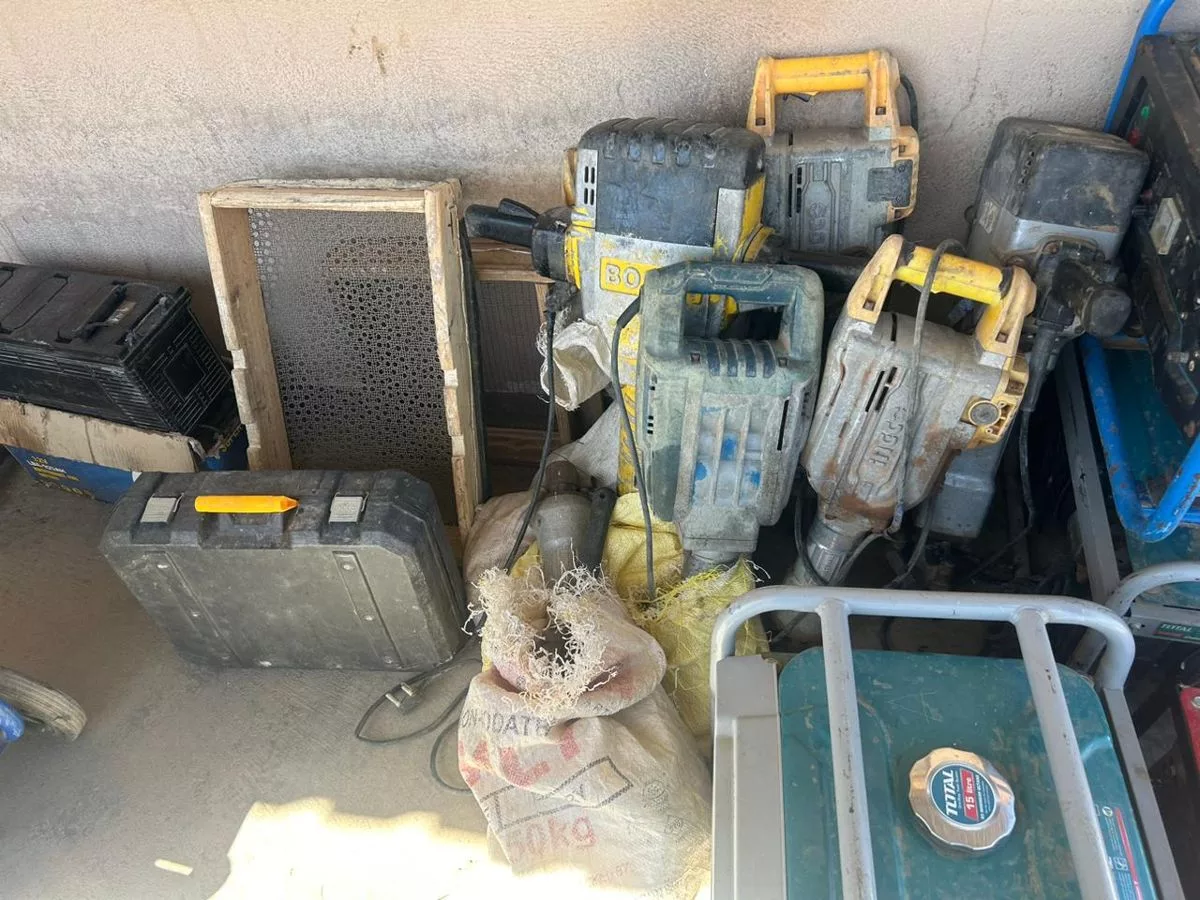The Skills Revolution program in South Africa aims to equip citizens with the necessary knowledge and skills for social and economic engagement, combatting unemployment, poverty, and inequality. The Recognition of Prior Learning graduation ceremony for chefs exemplified the hopes and ambitions of a young, unified, and democratic nation. The program’s emphasis on qualification and placement, partnerships with institutions like Silwood School of Cookery, and successful completion rates show the effectiveness of the government’s efforts in empowering individuals and enhancing the economy.
What is South Africa’s Skills Revolution program?
The Skills Revolution program is an initiative by the South African government aimed at equipping citizens with the knowledge and skills necessary for social and economic engagement. It is part of the government’s efforts to combat unemployment, poverty, and inequality in the country, which disproportionately affects the youth. The program focuses on improving the quality of life for every citizen.
The celebration of human resilience and perseverance was exemplified in the unforgettable day of the Recognition of Prior Learning (RPL) graduation ceremony for chefs. This pivotal occasion was arranged by the Silwood School of Cookery and the Department of Tourism, featuring respected guest Deputy Minister Fish Mahlalela.
At the core of this event were the hopes and ambitions of a young democratic nation in the process of finding its footing. South Africa, brimming with dreams of a unified, non-discriminatory, democratic, and thriving society, has been paving its course via a government’s Programme of Action. Its focus is on improving the quality of life for every citizen, acknowledging the nation’s journey so far and the goals yet to be accomplished.
South Africa’s Pursuit of Transformation: Programme of Action and Skills Revolution
The government has been fervently striving to stimulate and modify the economy, cultivating both newer and established industries and promoting business opportunities. The central goal is to confront the plague of unemployment, poverty, and inequality that disproportionately affects the youth of the country.
An integral component of this strategy is the Skills Revolution program. This campaign is intended to equip South Africans with the knowledge and abilities necessary for social and economic engagement. It serves as a solution to the trials of poverty, inequality, and unemployment, which are the enduring legacies of apartheid and colonialism.
Empowering Through Education: Achievements and Contributions
The effectiveness of this government’s program is manifest in the significant progress made in education. Literacy rates have been consistently rising, with almost every young individual aged 15-24 years being literate nowadays and adult literacy at an impressive level of 85%.
The RPL graduation ceremony is yet another meaningful impact of the government’s efforts. One key highlight of this program is its emphasis on not just qualification but also placement, which is the ultimate measure of success.
Nevertheless, the government cannot bear this burden by itself. This is where collaborations become important, such as the one with the Silwood School of Cookery. These partnerships not only provide a deeper understanding of the challenges but also foster a conducive atmosphere where such alliances can thrive.
Facilitating Progress: Chef Qualification and Role of Partnerships
The primary goal of this program is to aid learners in acquiring a Chef qualification at an NQF Level 5 and professional designation levels. It holds the potential to transform the lives of RPL candidates, including workers and learners of various ages, unemployed individuals, and other socially marginalized groups.
This certification can help people enhance their employability, lifelong learning, social inclusion, and self-esteem. It benefits everyone involved, with employers gaining access to proof of skilled workforce, thereby boosting productivity, and governments being assured of enhanced competitiveness and economic growth.
In 2017, the Department of Tourism conducted a skills audit and crafted the Tourism Sector Human Resources strategy. The audit revealed that many tourism employees were struggling with career advancement due to lack of formal education and training. To address this issue, the Department partnered with institutions like Silwood School of Cookery to roll out the RPL program.
Fostering Talent: Accomplishments and Future Prospects
To date, this program has successfully trained around 110 students, with 107 graduating, which translates to a completion rate of 97%. It serves as a reminder that being a Chef is not merely a profession. It necessitates passion and plays a vital role in creating memorable experiences in the tourism sector.
The government’s role is to aid individuals in enhancing their skills and preparing themselves for a rapidly evolving work landscape. An empowered and proficient workforce is crucial for the success of the tourism sector, the economy, and global competitiveness. The duty to strive now lies in the hands of the graduates.
In conclusion, heartfelt appreciation must be extended to the Management of Silwood School of Cookery for their exceptional work. The day stood as a testament to the power of human resilience, determination, and the transformative role of education. It serves as a reflection of the values that the government and its partners aim to instill in the youth of South Africa.
What is the Skills Revolution program in South Africa?
The Skills Revolution program is an initiative by the South African government aimed at equipping citizens with the knowledge and skills necessary for social and economic engagement. It is part of the government’s efforts to combat unemployment, poverty, and inequality in the country, which disproportionately affects the youth.
What is the Recognition of Prior Learning graduation ceremony for chefs?
The Recognition of Prior Learning (RPL) graduation ceremony for chefs is an event that celebrates the achievements of individuals who have completed the Chef qualification at an NQF Level 5 and professional designation levels through the Skills Revolution program. It emphasizes not just qualification but also placement, which is the ultimate measure of success.
How effective is the Skills Revolution program in empowering individuals and enhancing the economy?
The Skills Revolution program has shown significant progress in education, with rising literacy rates and successful completion rates for programs like the RPL. The program’s emphasis on qualification and placement, partnerships with institutions like Silwood School of Cookery, and successful completion rates show the effectiveness of the government’s efforts in empowering individuals and enhancing the economy.
What is the role of partnerships in the Skills Revolution program?
Partnerships are crucial in the success of the Skills Revolution program. Collaborations like the one with the Silwood School of Cookery provide a deeper understanding of the challenges and foster a conducive atmosphere where such alliances can thrive. These partnerships not only provide a deeper understanding of the challenges but also help learners acquire the necessary skills for social and economic engagement.
How does the Chef qualification benefit learners, employers, and governments?
The Chef qualification can help people enhance their employability, lifelong learning, social inclusion, and self-esteem. It benefits employers by providing access to proof of a skilled workforce, boosting productivity, and governments by ensuring enhanced competitiveness and economic growth.
What is the future prospect of the Skills Revolution program in South Africa?
The Skills Revolution program has successfully trained numerous individuals, with high completion rates. The government’s role is to aid individuals in enhancing their skills and preparing them for a rapidly evolving work landscape. The program plays a crucial role in creating a proficient workforce that is crucial for the success of the tourism sector, the economy, and global competitiveness.












